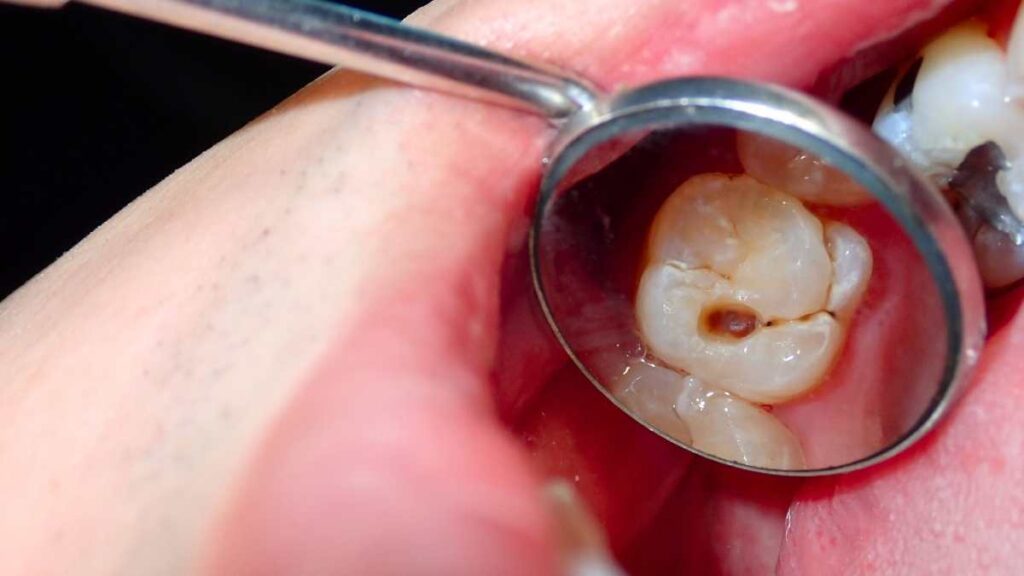Introduction
In the quest to understand the effects of creatine supplementation, a common question arises: can creatine cause headaches?
As individuals strive to optimize their athletic endeavors and overall well-being, understanding the nuances of creatine use becomes crucial. This article delves into the intricacies of creatine supplementation, addressing concerns about headaches while offering comprehensive guidance on how to navigate the terrain of creatine supplementation safely and effectively.
Understanding Creatine and its Effects
Creatine is a naturally occurring compound found in meat and fish, as well as synthesized by the body in the liver, kidneys, and pancreas. It plays a crucial role in providing energy for muscle contractions during high-intensity, short-duration activities like weightlifting and sprinting. Creatine supplementation has been shown to increase energy levels, enhance muscle growth and strength, and even support brain health.
The Link Between Creatine and Headaches
Despite its numerous benefits, some individuals have reported experiencing headaches after taking creatine supplements. The exact cause of these headaches is not entirely clear, but several factors may contribute to their occurrence.


Possible Reasons for Creatine-Induced Headaches
- Dehydration: Creatine supplementation has been linked to increased water retention in the muscles, which can potentially lead to dehydration if adequate fluid intake is not maintained.
- Electrolyte Imbalance: Creatine may disrupt electrolyte balance, particularly during intense exercise, which can contribute to headaches.
- Altered Blood Flow: Some studies suggest that creatine supplementation may affect blood flow, including cerebral blood flow, which could contribute to headache development.
- Increased Stress on Organs: Creatine metabolism puts additional stress on the liver and kidneys, which may indirectly contribute to headache symptoms.
- Individual Sensitivity: Certain individuals may be more sensitive to creatine supplementation, leading to adverse reactions such as headaches.
Minimizing the Risk of Creatine-Induced Headaches
While headaches associated with creatine use are relatively rare, there are steps you can take to minimize the risk and ensure a positive supplementation experience.
Tips for Safe Creatine Use:
- Stay Hydrated: Adequate hydration is crucial when supplementing with creatine. Be sure to drink plenty of water throughout the day to maintain optimal fluid balance.
- Start with a Low Dose: Begin with a conservative dosage of creatine and gradually increase as needed. This approach can help minimize the risk of side effects, including headaches.
- Monitor Symptoms: Pay attention to how your body responds to creatine supplementation. If you experience headaches or other adverse effects, consider adjusting your dosage or consulting a healthcare professional.
- Take with Food: Consuming creatine with meals can help mitigate potential digestive discomfort and improve absorption.
- Cycle On and Off: Consider cycling your creatine supplementation regimen, taking breaks periodically to give your body a rest and minimize the risk of tolerance buildup.
READ ALSO: What Does an Alcoholic Face Look Like
What is the bad side of creatine?
While creatine is generally safe and widely used for its performance-enhancing benefits, it’s essential to understand potential drawbacks. One common concern is the risk of side effects associated with creatine supplementation. These side effects can include upset stomach, muscle cramps, and weight gain due to water retention or increased muscle mass.
Additionally, there have been rare but serious reports linking excessive creatine intake with eye diseases and an increased risk of thrombosis. It’s crucial to use creatine responsibly, following recommended dosages and staying mindful of any adverse reactions. Consulting with a healthcare professional before starting a creatine regimen can provide personalized guidance and minimize potential risks.
Conclusion
While creatine supplementation offers numerous benefits for athletic performance and muscle growth, it’s essential to be aware of potential side effects, including headaches. By understanding the factors that may contribute to creatine-induced headaches and implementing strategies to mitigate these risks, individuals can safely incorporate creatine into their fitness regimen with confidence. Remember to prioritize hydration, start with a low dose, monitor symptoms, and consult a healthcare professional if needed to ensure a positive and headache-free supplementation experience.
Takeaway Message
Creatine is a valuable supplement for enhancing performance and muscle gains, but it’s essential to be mindful of potential side effects, including headaches. By following best practices for safe supplementation and listening to your body, you can maximize the benefits of creatine while minimizing the risk of headaches and other adverse effects.
Frequently Asked Questions


A true master in his field, Hayate takes the helm as the author of Supreme Hall’s ‘Health’ category. Through his informative and engaging blogs, he shares valuable insights on wellness, fitness, and holistic living, empowering readers to lead healthier and happier lives.


